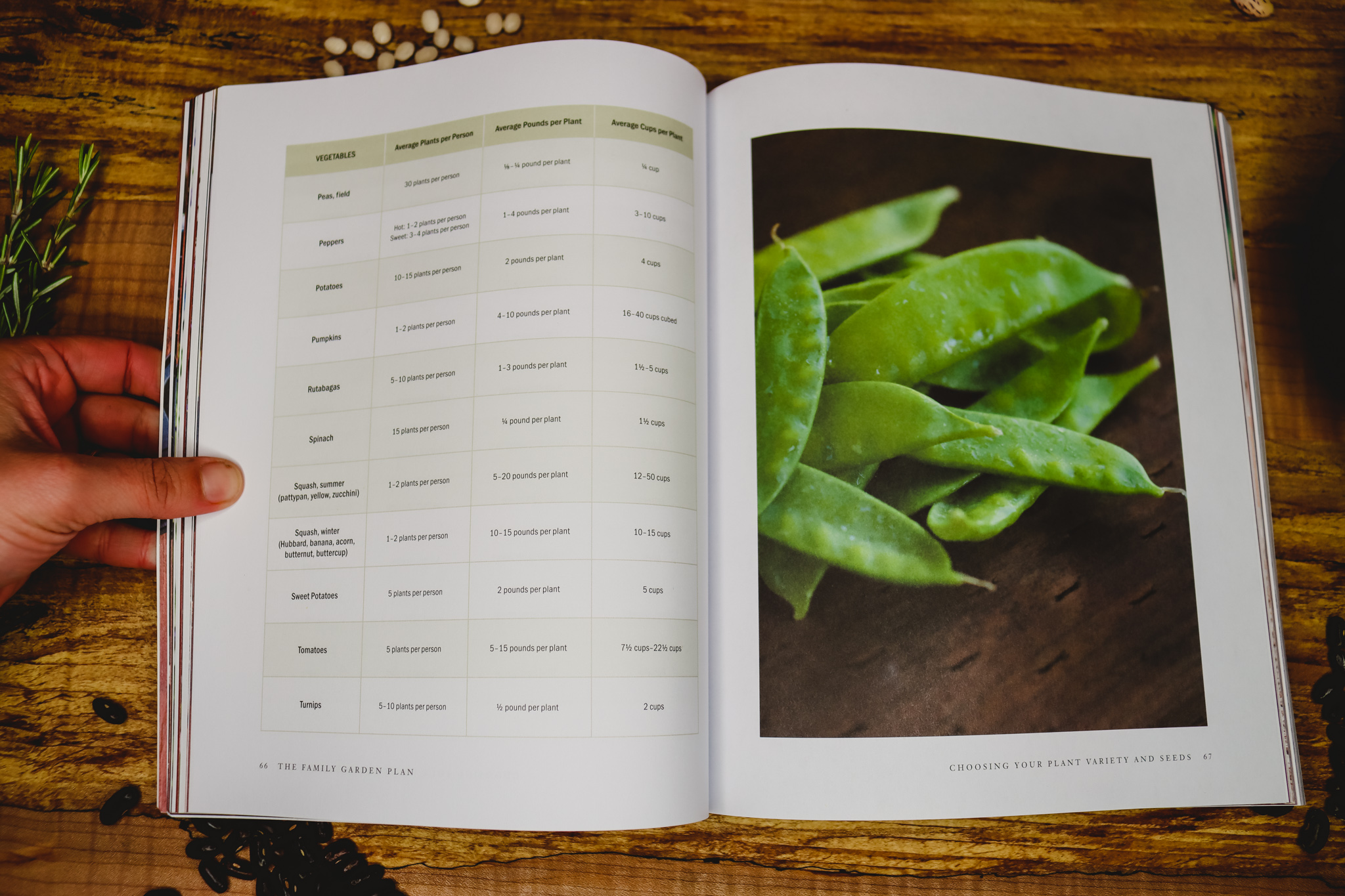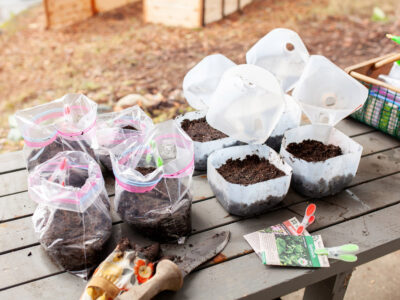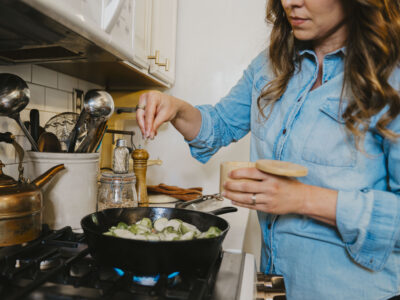When we sit down and start to plan out our year, it can be very easy to quickly get overwhelmed and feel like there’s no way we’ll be able to get everything done. But that’s usually because we haven’t made a plan!
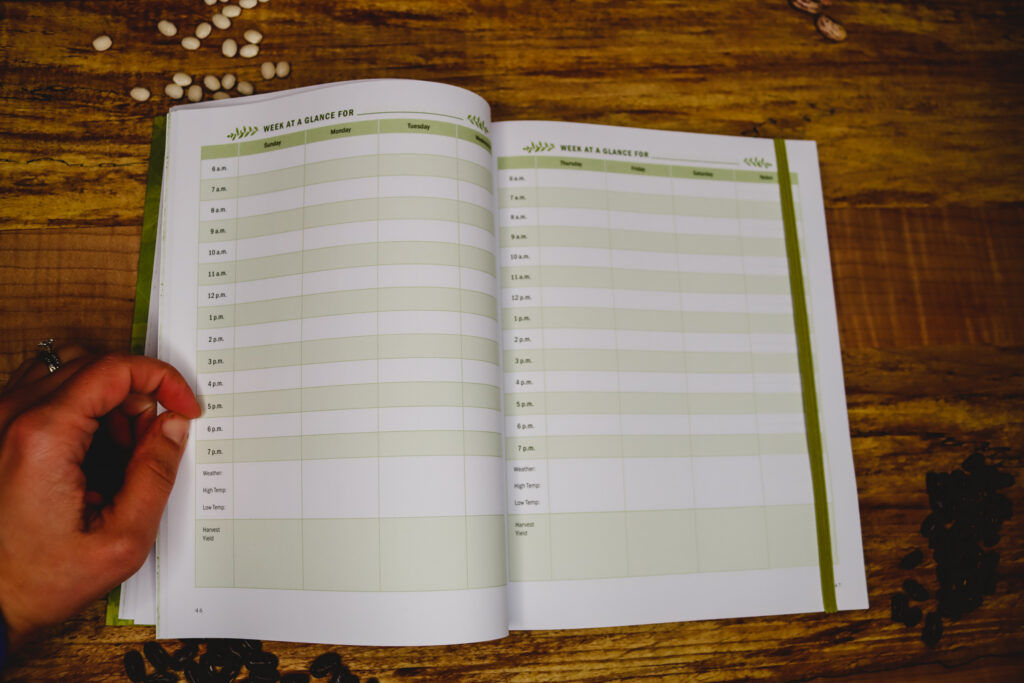
Remember those Staples commercials where they had the “Easy Button?” Isn’t that what so many of us are looking for in life?
Natural Remedies Made Simple

Start your home apothecary with confidence—even if you’re brand new. Learn how to choose the right herbs for your body using the simple principles of herbal energetics.
Discover how warming, cooling, drying, and moistening herbs affect your body—so you can stop guessing and start making remedies that actually work.
Sometimes we come into this homesteading lifestyle looking for a simpler life. However, we confuse “simple” with “easy,” and this life is anything but easy.
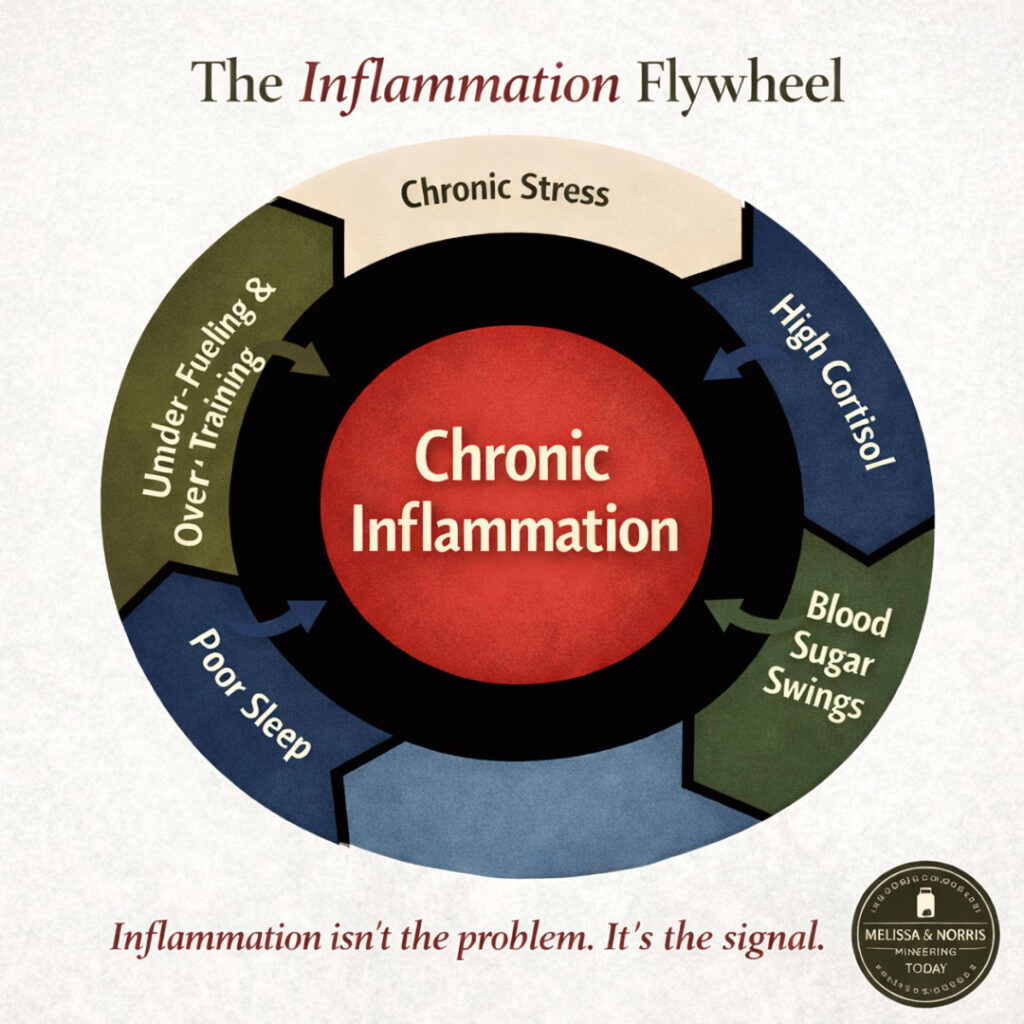
The Hidden Cycle Keeping You Inflamed
If you’ve been feeling puffy, tired, achy, or wired-but-tired, this two-page guide will help you understand what may be happening behind the scenes — even if you’re eating “healthy.”
Download the Inflammation Flywheel Guide and learn:
- Where to start so you don’t feel overwhelmed
- The 5 most common drivers that keep inflammation switched on
- Why blood sugar swings, stress, and poor sleep feed each other
So how do we make goals and plan out the year while living in the moment but also looking toward the next season(s)?
That’s what we’re discussing in today’s podcast (Pioneering Today Podcast Episode #375). So grab a cup of coffee, sit back, and let’s chat about goal planning without the overwhelm.
Table of Contents[Hide][Show]
Azure Standard
My daughter has been getting a lot more colds this year (and I’ve heard this from many people, no matter where they live). She doesn’t love taking tinctures, as many kids don’t, but I was curious if Azure had any adaptogen herb gummies.
With a quick search on their website, I saw they had ashwagandha gummies. After ordering some for my daughter and myself, we’ve both enjoyed taking the herbs this way, and they’ve really been helping keep her healthy.
This podcast is sponsored by Azure Standard, but all opinions about how great of a company they are are my own. If you’d like to try Azure Standard, they’re offering a 10% discount for first time customers on orders of $50 or more. Head over to Azure Standard and use code “Pioneering10” at checkout.
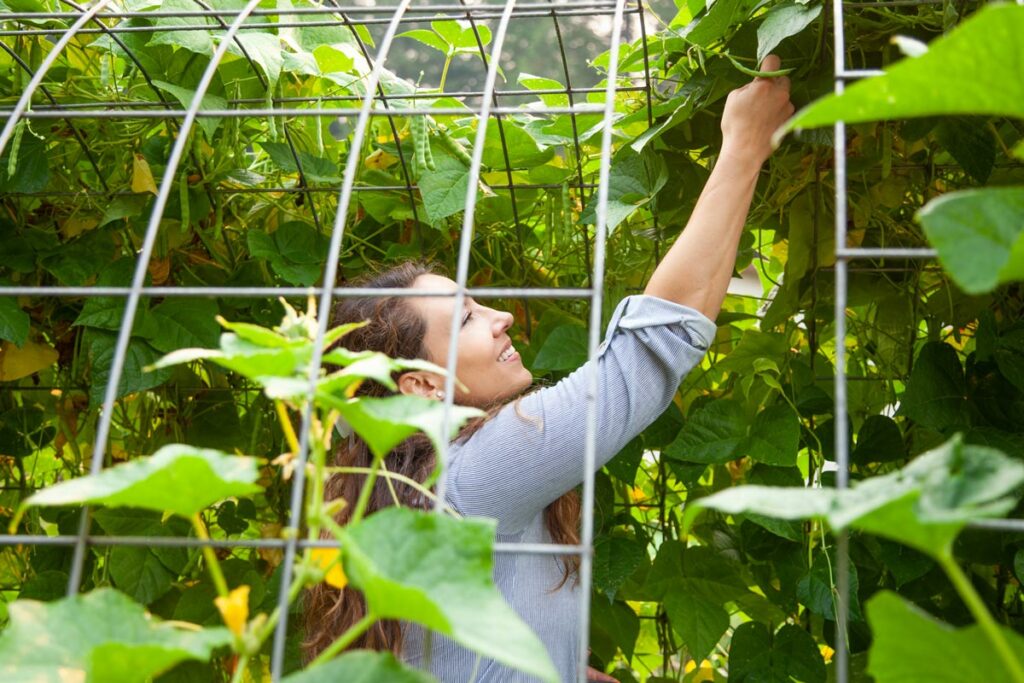
In This Episode:
Here are the topics I’m covering in this podcast as well as any links mentioned.
- The Modern Homesteading Conference (June 30-July 31, 2023)
- Over 25 speakers
- Joel Salatin demonstrating chicken butchering
- Brandon Sheard demonstrating pig butchering
- Demonstrations of milking a cow
- Food vendors
- Product vendors
- How to keep the overwhelm and stress from taking over and keeping you from moving forward and achieving goals.
- Make a list and do what has to happen this week only.
- What’s coming up this year on the Norris Farmstead.
- Preserving classes
- Pig butchering workshop
- What our family is planning on raising and growing this year.
- Experimenting with amending the new garden soil at the Farmstead (learn how to do a soil test here).
- Starting seeds for the year and figuring out how I’ll be adding more seeds than usual. (Learn how to start seeds here and check out this post on troubleshooting seed-starting issues.)
- How much to plant per person for a year’s worth of food. Grab my charts to know how much to plant per year here.
- Understand that the first time you do something new, it’s always harder.
- Consider the Pioneering Today Academy (sign up here for the waitlist to be notified when doors open in March).
- Thank you to everyone who reached out about losing Clover, our milk cow. If you missed it, you can listen to the podcast where I shared Rebel’s birth story and the last days of Clover’s life here.
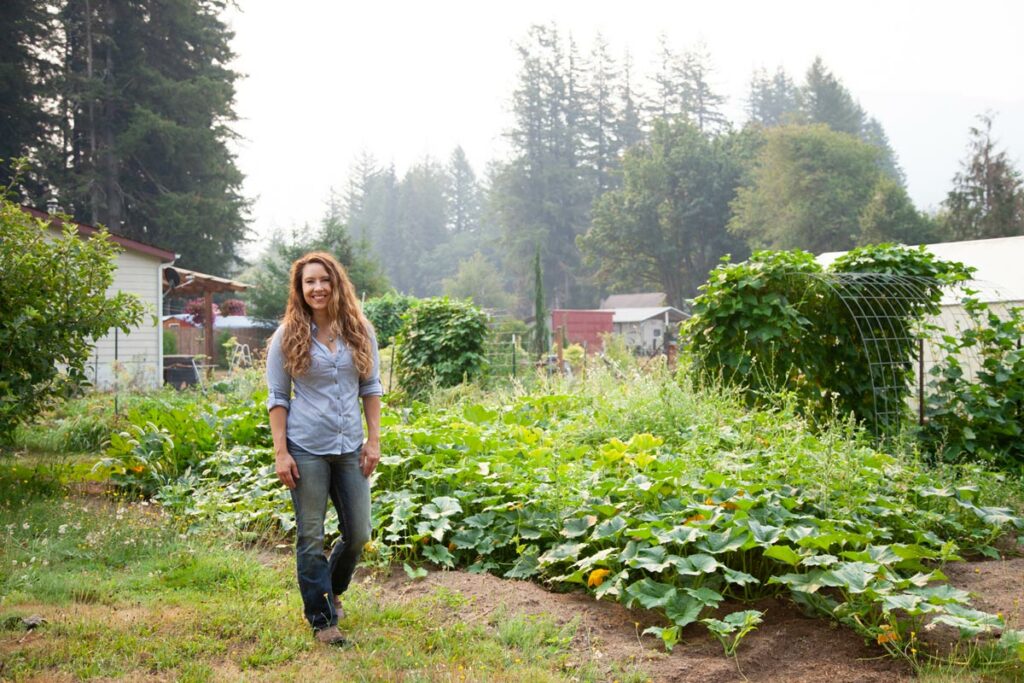
More Posts You May Enjoy
- Supporting Small Farms (Cost Vs. Benefit)
- Grow Your Own Food: Helpful Tips for the Beginner Gardener
- Does Gardening Save Money
- Gardening in March (Garden Tasks by Month)
- Gardening in April (Garden Tasks by Month)
- Gardening in May (Garden Tasks By Month)
- Gardening in June (Garden Tasks By Month)
- Hot Climate Gardening Tips
- Best Vegetables for Small Spaces and Self Sufficiency
- 4 Tips to Success In Growing Your Own Food
[fusebox_transcript]
